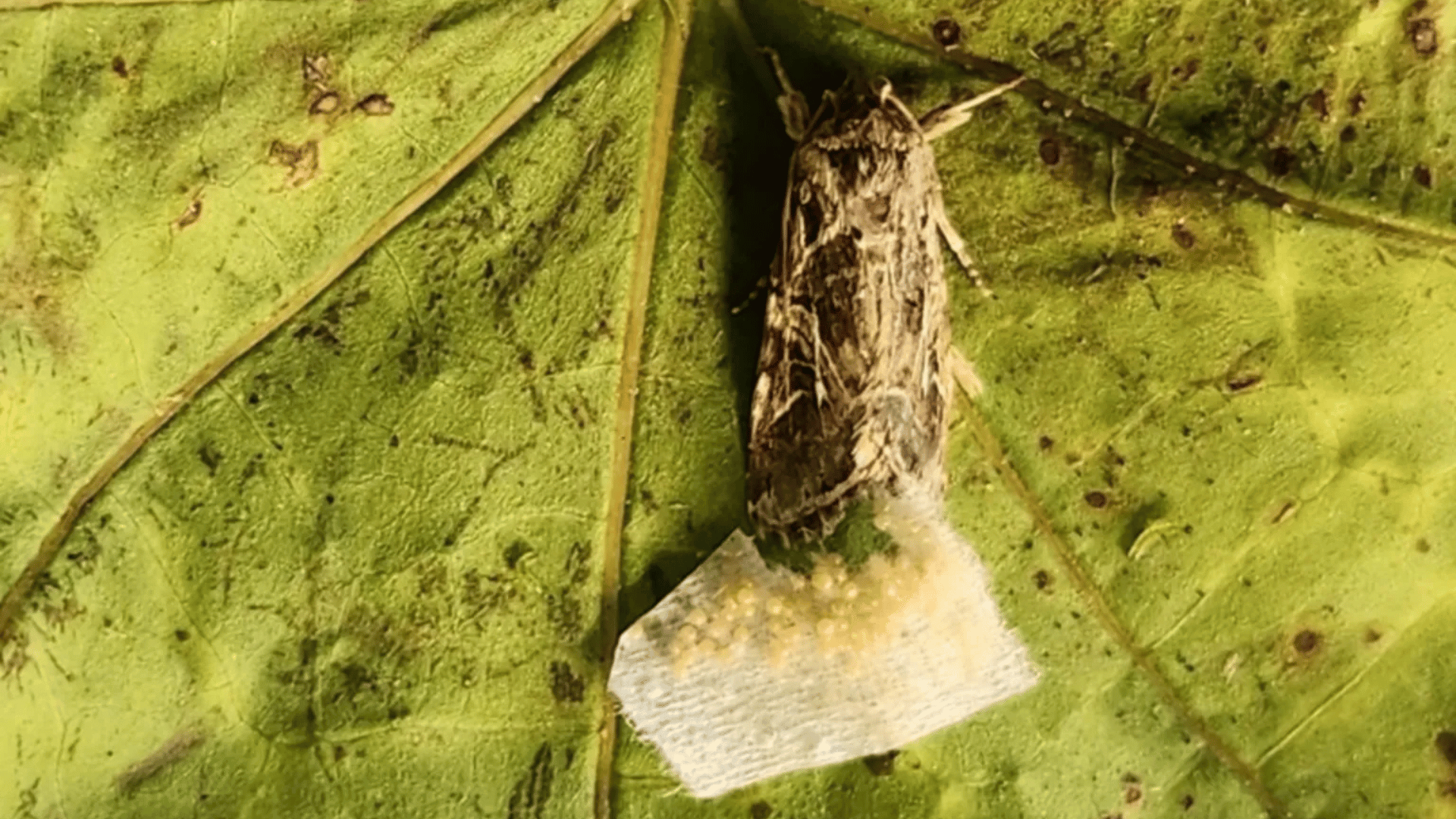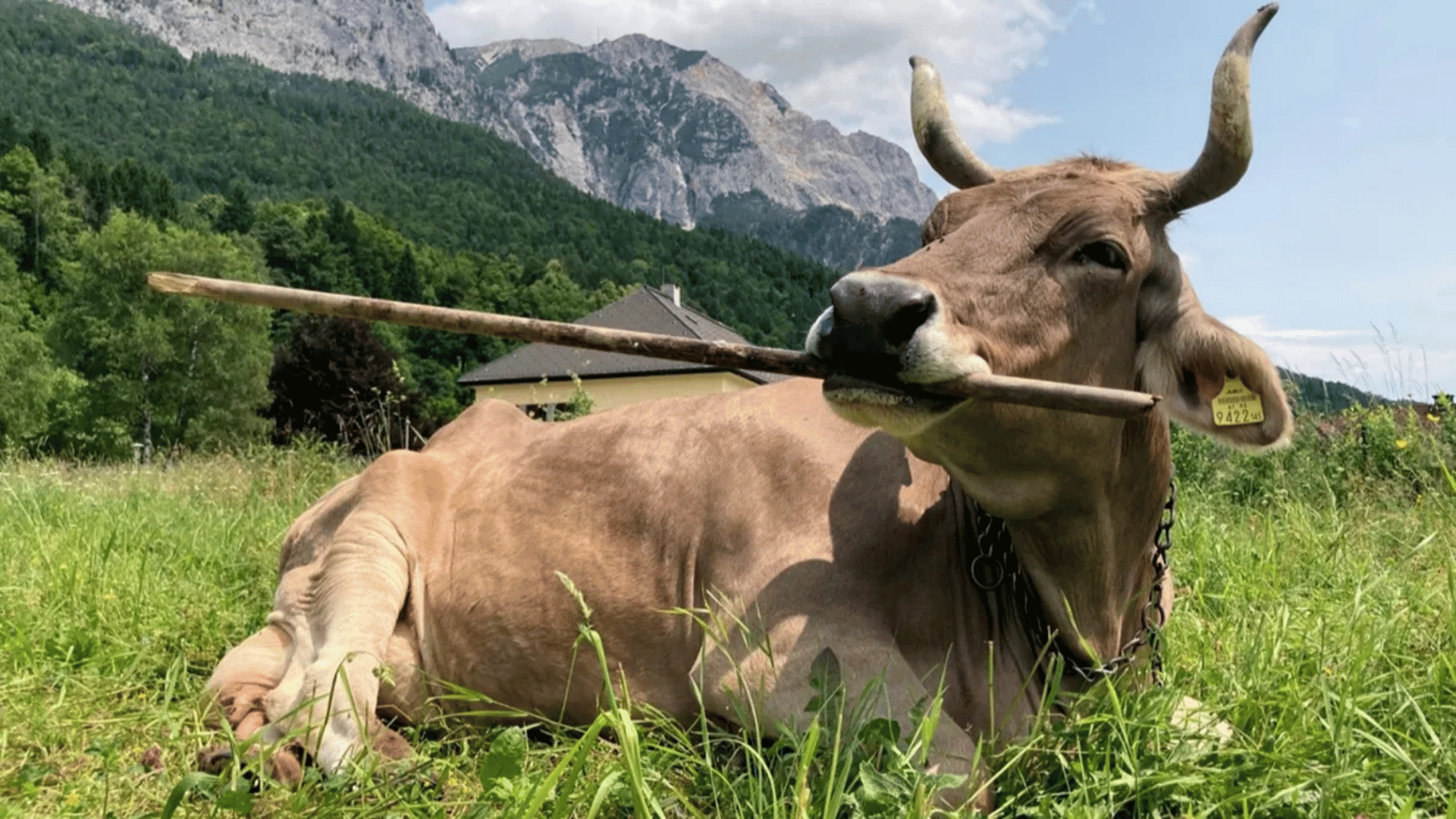New research suggests that animals react to sounds made by plants, which raises the question of whether an unseen ecosystem exists between them.
Animals Respond to Plant Sounds

A team of researchers at Tel Aviv University discovered that female moths avoided laying their eggs on tomato plants when they made noises associated with distress. Two years ago, the same team was the first to show that plants scream when they are unhealthy or stressed.
Female moths typically lay eggs on tomato plants so their larvae can feed on them once they hatch. Researchers speculated that, since moths seek healthy plants that can properly nourish their larvae, the moths wouldn’t lay eggs on the plants emitting sounds signaling they’re dehydrated and under stress.
Though these sounds are outside the human hearing range, bats, insects, and some mammals can hear them.
“This is the first demonstration ever of an animal responding to sounds produced by a plant,” Prof Yossi Yovel of Tel Aviv University stated to the BBC.
“This is speculation at this stage, but it could be that all sorts of animals will make decisions based on the sounds they hear from plants, such as whether to pollinate or hide inside them or eat the plant.”
Researchers behind the study conducted a series of controlled experiments to confirm that the moths were reacting to the sound, rather than the appearance of the plants. The team now plans to analyze the sounds of different plants and whether other species react to those sounds.
The sounds are produced through physical effects caused by a change in their local conditions. According to Prof Lilach Hadany, also of Tel Aviv University, plants and animals may have coevolved the ability to produce and listen to plant sounds for their mutual benefit.
“Plants could evolve to make more sounds or louder ones if they were of benefit to it and the hearing of animals may evolve accordingly so they can take in this huge amount of information,” stated Prof Hadany.
“This is a vast, unexplored field – an entire world waiting to be discovered.”







